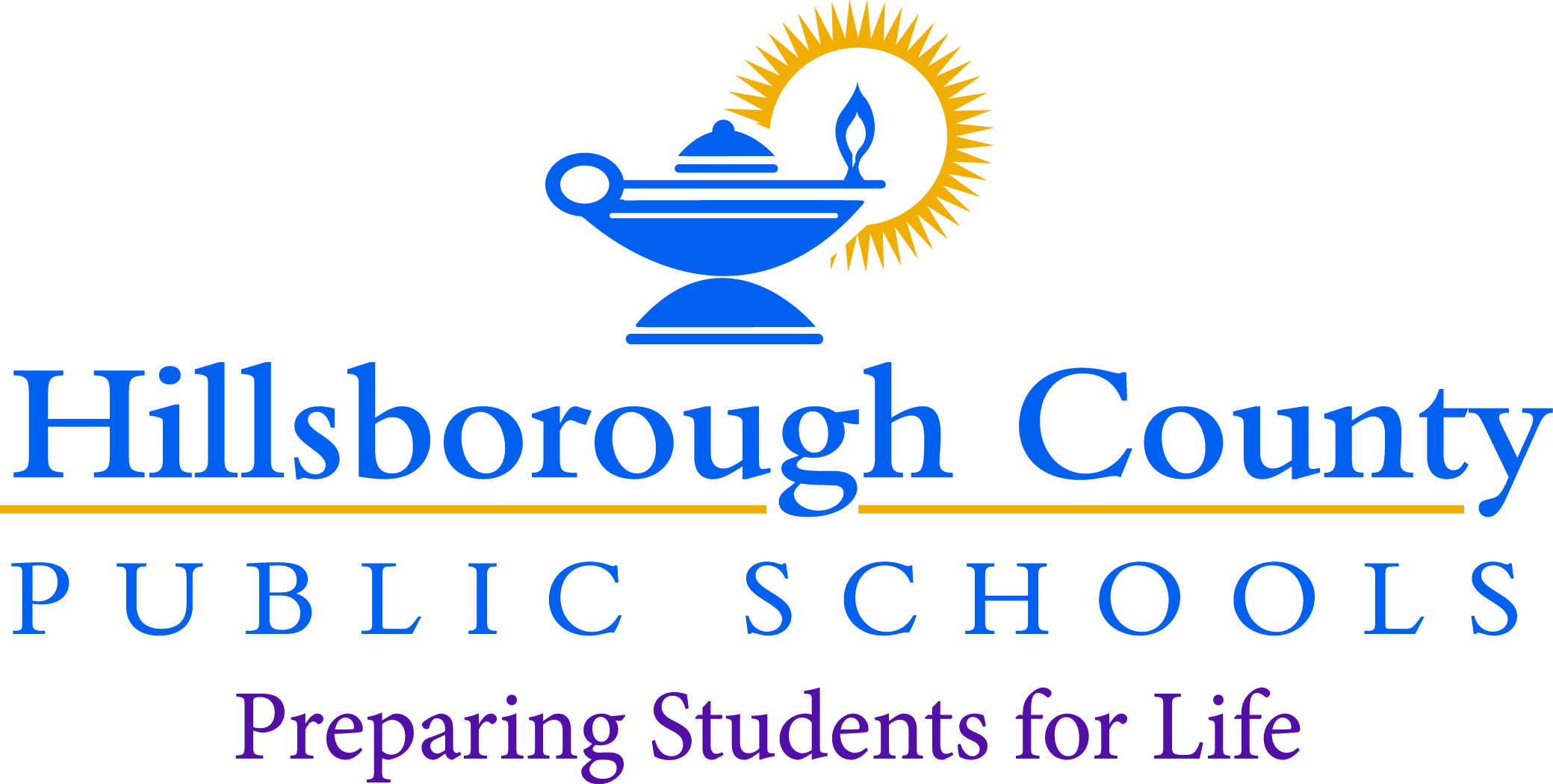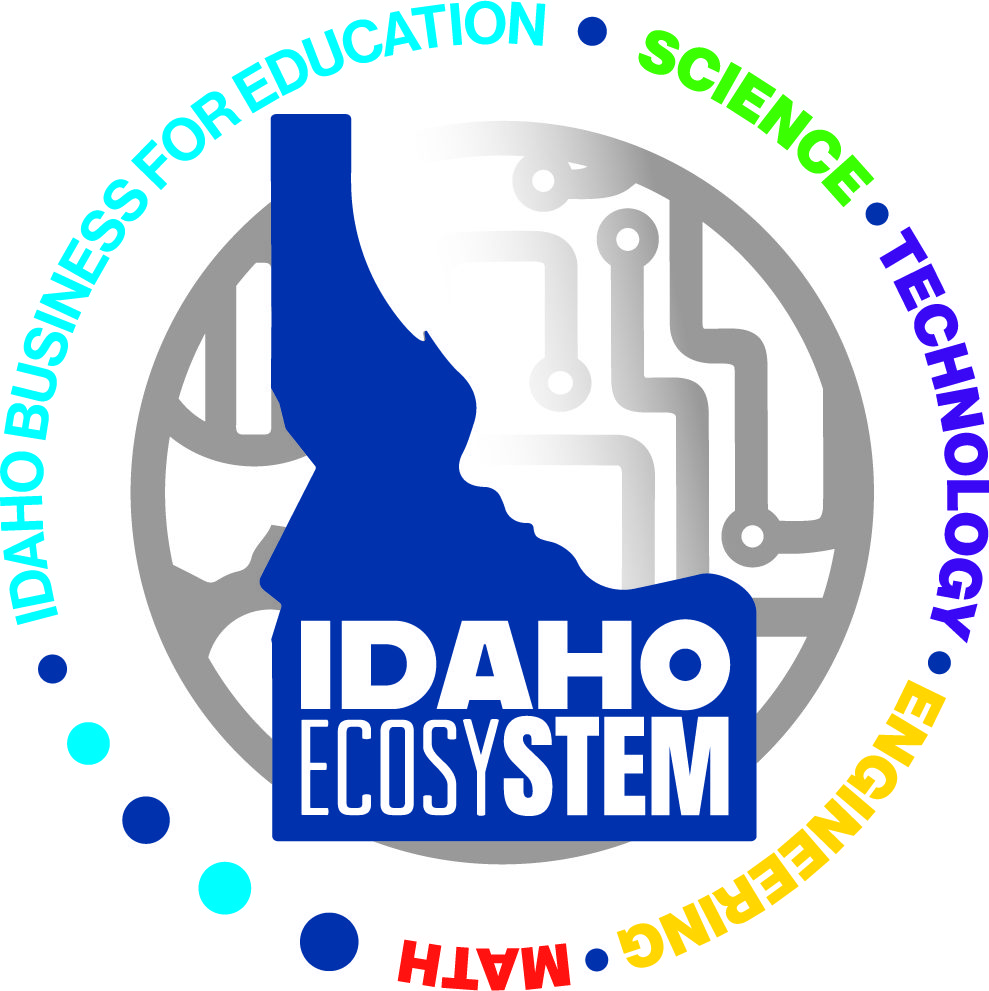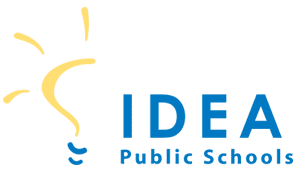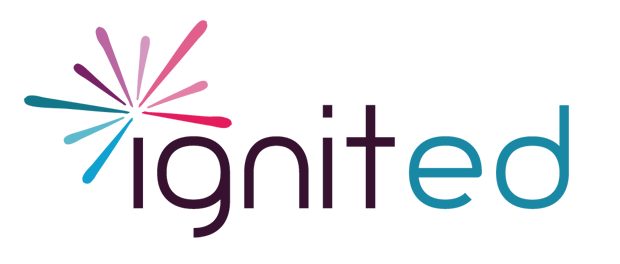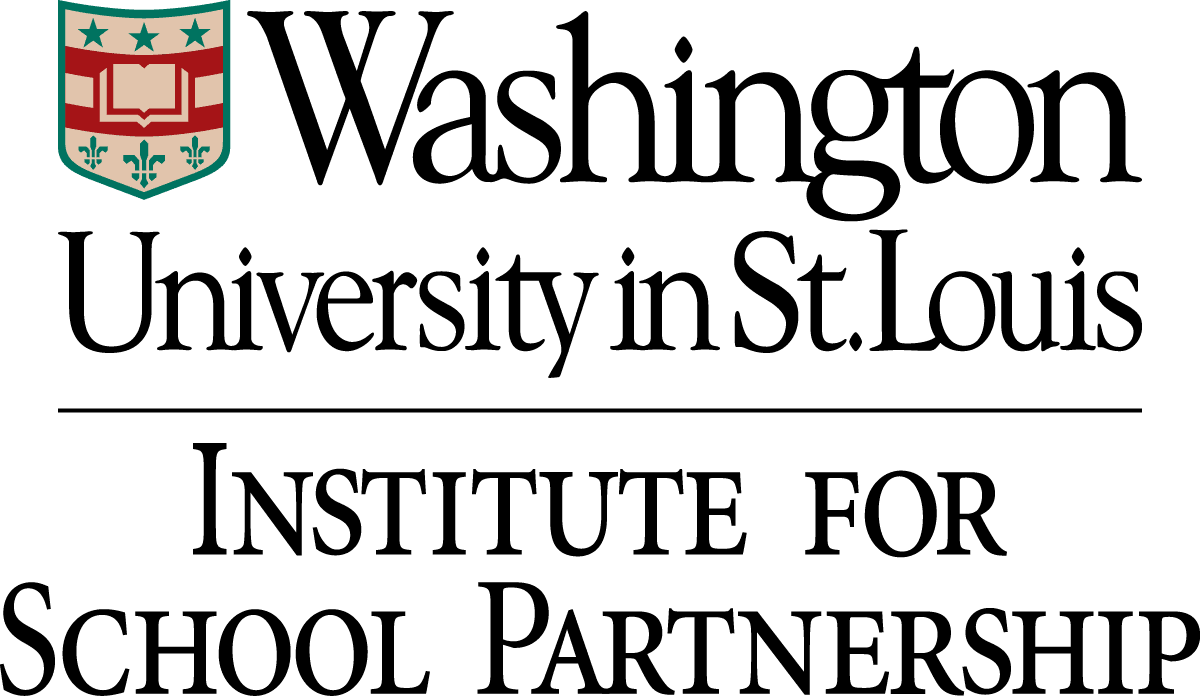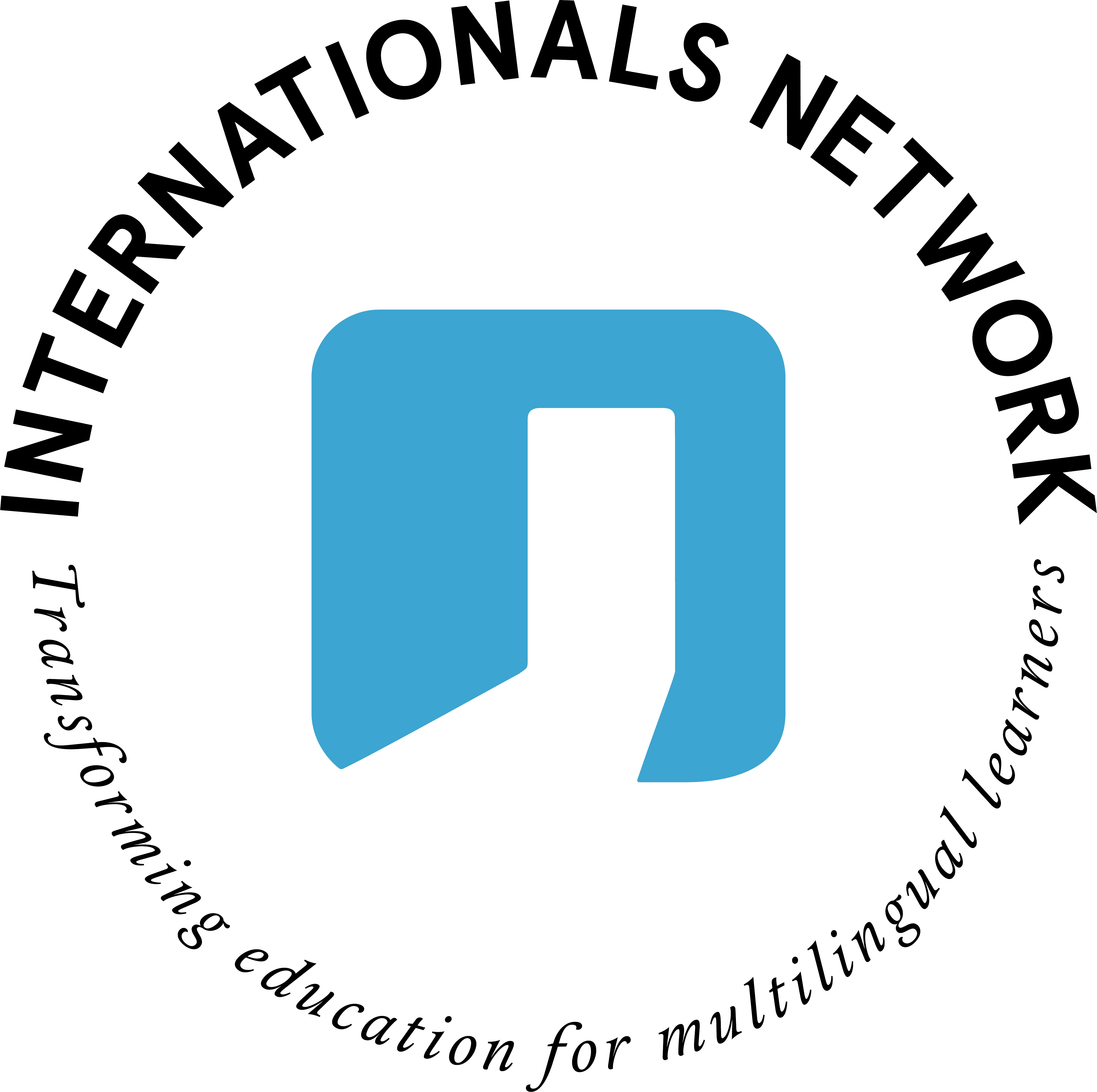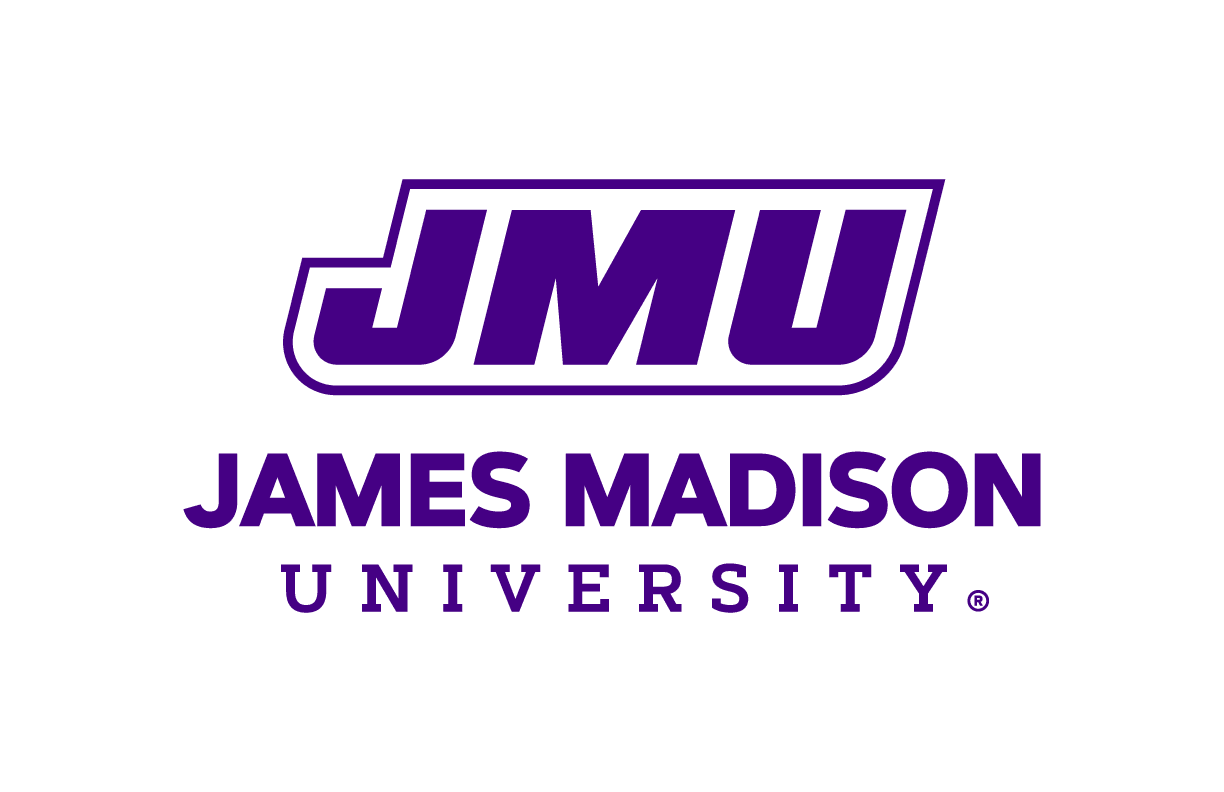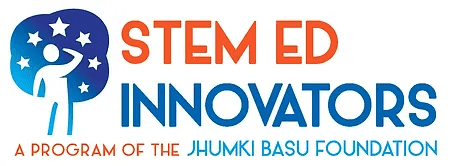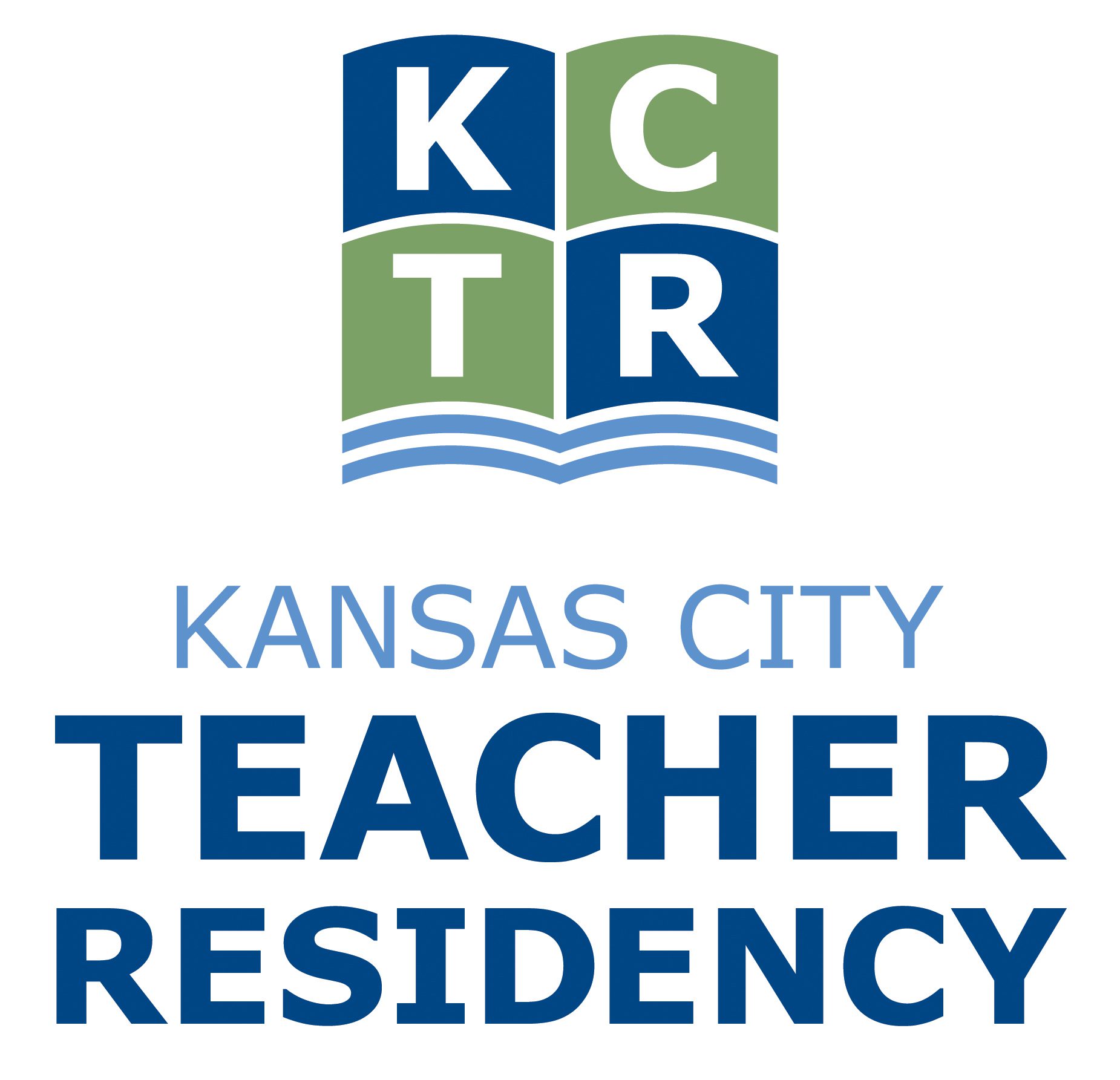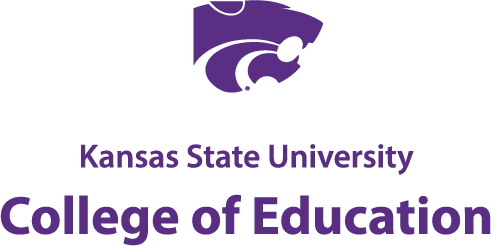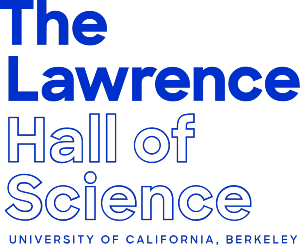Our Journey
In the last decade, we successfully prepared over 100K new STEM teachers who have helped strengthen and improve the field and our world. Over the next decade, we are looking to build on that progress by preparing and retaining 150K new STEM teachers who increasingly mirror the diversity of their school community, especially for schools serving majority Black, Latinx, and Native American students. We’lll support our network to foster workplaces and classrooms of belonging so that everyone we reach can see a path for themselves in STEM. And in the decade after that, we are hopeful that our commitment to this work will solve the STEM teacher shortage once and for all.

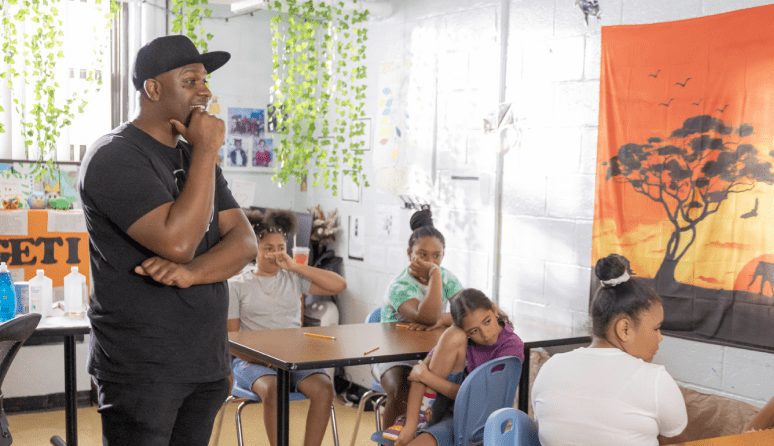
Our Journey and where we’re headed:
100Kin10
In 2011, we took up a call by President Obama to prepare 100K STEM teachers in 10 years alongside 28 partner organizations. By 2021, 300 organizations worked collectively to surpass our shared goal and we prepared nearly 110K excellent STEM teachers to the field. We did this by focusing our radical collaboration on:
Building a Network
of Diverse Stakeholders
Creating a Map of the System
Building tools for Making Progress
We support partners to succeed at their commitments and tackle the systemic challenges revealed by the map.
Collectively We Advance the Field
In 2021, Bellwether Education Partners conducted a third-party evaluation of our impact. They found that the network spurred five major advancements in STEM teaching and learning:
BETTER RECRUITMENT: 100Kin10 prep programs used improved strategies to recruit highly qualified STEM teacher candidates
IMPROVED PREPARATION: More STEM teacher candidates have access to evidence-based STEM preparation via 100Kin10 partners
EXPANDED EARLY STEM: 100Kin10 partner programs have increased emphasis on preparing and supporting elementary teachers with STEM skills, and in particular foundational math
ENHANCED PROFESSIONAL DEVELOPMENT: More teachers have access to quality STEM professional growth and collaborative work environments via 100Kin10 partners
MORE AUTHENTIC STEM: More teachers and students have access to meaningful, authentic, and rigorous STEM learning via 100Kin10 partners
GRAND CHALLENGES
The future of our country depends on today’s students becoming tomorrow’s innovators. We believe that young people have infinite potential and that when that potential is nourished in STEM classrooms, they will bring to life out of this world solutions to our biggest challenges. This is why we must tackle the underlying causes of our nation’s shortage of excellent STEM teachers. So we identified the 100 challenges to preparing and retaining great STEM teachers and created a roadmap that points the way toward transforming STEM education.
THE UNCOMMISSION
In 2021, nearly 600 young people shared their K-12 STEM experiences through a diverse, participatory storytelling effort called the unCommission. We knew their input was critical in order to identify action-ready considerations for the future of STEM learning and opportunity. Now, their voices are guiding our next chapter and goal on this journey to end the STEM teacher shortage with equity, representation, and belonging at the center of this work.


Our Next Shared
GOAL
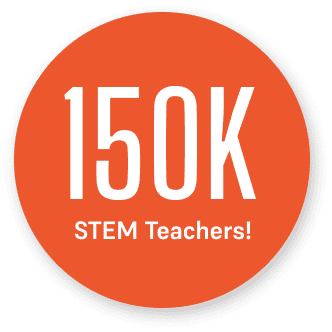
OUR NEXT SHARED
GOAL
STEM has never been more important to our future.
The people who will cure cancer and dementia, desalinate water, help us avoid future pandemics and solve challenges unknown or invisible are in our nation’s classrooms today. And, we cannot solve these challenges without ensuring those most under-represented in STEM are centered in the work ahead.
To achieve our next shared goal, we are relaunching and growing our network with an explicit focus on Black, Latinx, and Native American teachers and students. In order for students to succeed in STEM, they need to feel that they belong in STEM classrooms and careers. That’s why we’re preparing and retaining 150K teachers in STEM, with an explicit focus on creating a sense of belonging and equity in our classrooms, and beyond. And we cannot wait for you to join us.
Change requires all of us.
Radical collaboration among change-makers across industry and sector is the only way to effect real progress and move our world forward. Our role is to mobilize our network with a focused strategy, clarity of purpose, and vision for achieving change.
Together we can make momentous change in our world.
Hillsborough County Public Schools
Commitment
Over the next five years, Hillsborough County Public Schools will support 90% of its STEM teachers (including science teachers, math teachers, tech teachers, engineering teachers, and every elementary teacher) to cultivate classrooms of STEM belonging, with 50% of teachers serving in schools that primarily serve Black, Latinx, and Native American students. We will do this by developing and offering regular educator professional learning opportunities leading to new coursework centered on project-based and inquiry-based learning for students.
The Hunt Institute
Commitment
The Hunt Institute has a goal of adding one million teachers of color and thirty-thousand leaders of color to the education workforce by 2030 through the One Million Teachers of Color initiative. Despite 52% of students in the United States identifying as people of color, nearly 80% of teachers are white, and 78% of principals are white. And 40% of public schools in the United States do not have a single teacher of color. Our campaign is made up of leaders from the education sector and beyond, united in the belief that when education systems are designed to honor the humanity of teachers and school leaders of color, students and our entire society benefit. As a growing body of research indicates, when education systems recruit and retain teachers and leaders of color, all students, particularly students of color, benefit. We seek to amplify the unique strengths, skills and lived experience that teachers and leaders of color bring in support of all students. We demand that we hold our education and public systems accountable to support, recruit, retain, and develop teachers and leaders of color.
Idaho STEM Ecosystem
Commitment
By 2029, the Idaho STEM Ecosystem is committed to preparing 800 STEM teachers with 40% serving in rural schools primarily attended by Black, Latinx, and Native American students. Central to our strategy are regional hub coordinators who, as local experts, will provide crucial support to school districts, facilitating professional development and fostering community connections. We will strengthen teacher preparedness by forging partnerships with industry professionals, equipping educators with resources aligned to current and future workforce needs. Our Community Platform will serve as a robust online space for STEM teachers, offering extensive resources and networking opportunities beyond direct EcosySTEM programs. Furthermore, we will advocate for the importance of STEM professional development tailored for teachers serving minority communities, engaging administrators and district personnel to increase awareness and participation in relevant courses and opportunities. Through these initiatives, we aim to empower STEM educators across Idaho to effectively engage and inspire students in underrepresented communities, advancing inclusive and impactful STEM education statewide.
IDEA Public Schools
Commitment
Over the next five years, IDEA Public Schools will build a pipeline of educators for STEM teaching positions by hiring 750 college students as tutors or substitute teachers in IDEA STEM classrooms. In alignment with our diversity, equity and inclusion organizational commitments, at least 450 of the 750 tutors/substitutes recruited will be Latinx, Black, and/or Native American. We will also build a STEM educator pipeline that is representative of our students and school communities by increasing the number of IDEA alumni who we recruit to serve as educators, tutors or substitute teachers with a goal of recruiting 100 tutors and substitutes who identify as IDEA alumni.
Ignited
Commitment
By Fall 2027, Ignited will provide work-based learning experiences to 500 teachers, and help them craft workplace-aligned curriculum. We will target our program recruitment efforts on teachers from underserved schools, with the goal of providing access to work-based learning experiences for 60% teachers from underserved schools (an estimated 300 teachers by Fall 2027). The work-based learning experiences have been shown to increase a teacher’s enthusiasm for their profession as educators and increased the likelihood they will continue teaching.
By 2027, Ignited is committed to better serve our teachers of color. By 2027, we will solidify a continuous improvement process as part of our regular program cycle. We will codify our work to collect feedback from our teacher of color alumni, implement program changes based on that feedback, and evaluate the program modifications implemented. This work began in 2020 with our Committee for Teachers and Students of Color, which collects input from the voices of our teacher of color alumni on how we can improve our programs and operations to better serve teachers of color, and to ensure all our teachers are better positioned to serve students of color.
Inner Spark Learning Lab
Commitment
Over the next five years, Inner Spark Learning Lab will support more than 2,000 elementary and middle school educators across the country in creating classrooms where students lead, question, and build the futures they want. Through our professional development offerings—grounded in liberatory pedagogy, cultural responsiveness, social-emotional learning, and aligned with NGSS, Common Core, and the Social Justice Standards—we help teachers transform their practice. Educators learn how to center student voice, integrate social justice into any subject area, and teach using our student-centered curriculum designed to spark critical thinking, self-actualization, and community connection.
The Institute for School Partnership, Washington University in St. Louis
Commitment
The Institute for School Partnership (ISP) will increase the capacity of St. Louis regional K-12 educators to provide equitable, standards-based STEM instruction and supportive classroom environments to all students through STEM educator professional learning and leadership programs, high-quality science curriculum and materials, and research practice partnerships (RPPs). Over the next 5 years, we will provide ongoing and embedded professional development and instructional resources to over 5,000 educators impacting over 150,000 students across the racial and economic divides of the St. Louis region. We will work to increase a sense of belonging for Black students and decrease our region’s disparities in access and outcomes between Black & White students within historically segregated schools and communities by focusing on implementation of joyful, hands-on, equitable science, engineering, and math practices in the classroom (e.g. NGSS, STEM-capable learning, Math Equity Practices, etc.).
Internationals Network for Public Schools
Commitment
Internationals Network for Public Schools commits to prepare and develop the skills and mindsets of STEM teachers to support recently arrived immigrant and refugee multilingual students: By 2027, we plan to prepare and support 300 secondary math and science teachers, all of whom will teach in schools that serve multilingual students who are newly arrived to the country. Our impact will be measured by the sense of belonging that students express as indicated in environment surveys, the fidelity with which STEM curriculum adheres to best practices for supporting multilingual learners (including heterogeneity and collaboration, experiential and project-based learning, language and content integration, and localized autonomy and responsibility), as well as credit accumulation and the achievement of students on portfolio-based assessment systems.
Internationals Network for Public Schools commits to prepare and develop the skills and mindsets of STEM teachers to support recently arrived immigrant and refugee multilingual students: By 2027, we plan to prepare and support 300 secondary math and science teachers, all of whom will teach in schools that serve multilingual students who are newly arrived to the country. Our impact will be measured by the sense of belonging that students express as indicated in environment surveys, the fidelity with which STEM curriculum adheres to best practices for supporting multilingual learners (including heterogeneity and collaboration, experiential and project-based learning, language and content integration, and localized autonomy and responsibility), as well as credit accumulation and the achievement of students on portfolio-based assessment systems.
Internationals Network for Public Schools commits to prepare and develop the skills and mindsets of STEM teachers to support recently arrived immigrant and refugee multilingual students: By 2027, we plan to prepare and support 300 secondary math and science teachers, all of whom will teach in schools that serve multilingual students who are newly arrived to the country. Our impact will be measured by the sense of belonging that students express as indicated in environment surveys, the fidelity with which STEM curriculum adheres to best practices for supporting multilingual learners (including heterogeneity and collaboration, experiential and project-based learning, language and content integration, and localized autonomy and responsibility), as well as credit accumulation and the achievement of students on portfolio-based assessment systems.
Intrepid Sea, Air & Space Museum
Commitment
The Intrepid Museum will increase the capacity of K-12 educators from in-and-out-of-school time settings to foster belonging and to support students most excluded from quality STEM experiences. Research has shown that youth have an increased chance of developing a STEM identity when they see themselves reflected in the examples highlighted in learning experiences. Providing STEM-rich curricular materials in which BIPOC students, women, and students with disabilities can see themselves reflected as STEM innovators along with educator professional development on incorporating these materials, focused on inclusivity, diversity and multi-model learning, will develop educators’ skills and mindsets for fostering a sense of belonging in STEM for all of their students. To do this, we will:
– Create and disseminate a free digital library of teaching resources of engaging STEM content, particularly engineering, including supports for learners with disabilities and English Language Learners.
– Create and disseminate teaching resources highlighting the contributions of BIPOC individuals, women and people with disabilities in STEM.
-Provide professional development both remotely and at the Museum for 250 educators on the incorporation of Museum content for dynamically teaching STEM content in an inclusive and welcoming way.
James Madison University
Commitment
Over the next five years, James Madison University’s College of Education will increase the number of STEM elementary and secondary teachers, especially Black, Latinx, and Native American teachers as well as teachers from other underrepresented and underserved groups by 10%. To do this we will develop and implement a recruitment and retention plan while preparing teacher candidates to engage in caring, equitable, ambitious science teaching. This will lead to an increased number (20) of Black, Latinx, and Native American STEM teachers at all levels of schooling who better represent the students they are teaching as well as to increase the number of STEM teachers.
Jhumki Basu Foundation
Commitment
By 2028, the STEM Ed Innovators Equity Leaders program, the flagship offering of the Jhumki Basu Foundation, aims to develop 400 teacher leaders to bring transformative practices into their schools and districts across the United States. As Equity Leaders bring this work to their professional learning communities, we will expand STEM belonging in 1,000+ classrooms, impacting 20,000+ students per year. Our model co-creates personalized programs with each Equity Leaders to meet one or more of the following goals: 1) developing curriculum aligned with equitable learning standards, 2) fostering anti-racist, culturally responsive and sustaining pedagogy, and 3) facilitating collaborative professional communities of practice centering the historically marginalized and underrepresented funds of knowledge of Black, Latinx, and Native American STEM teachers.
Kansas State University
Commitment
By 2027, we will specifically prepare future teachers with the dispositions, mindsets, skills, and depth of understanding necessary to help young people feel a sense of belonging in STEM classrooms. Preservice teachers will complete redesigned methods and practicum experiences to develop their ability to implement dispositions of belonging among Black, Latinx, Native American, and students with disabilities in STEM courses. Through these experiences, future teachers of science (K-12) will create a pipeline for the next generation of Black, Latinx, and Native American teachers of STEM. Measurements will include students’ perceptions of a sense of value and fit within the STEM classroom. Over the next five years, this impact will also be measured in the number of Black, Latinx, and Native American students entering our teacher preparation programs.
Kansas State University - College of Education
Commitment
By 2027, we will specifically prepare future teachers with the dispositions, mindsets, skills, and depth of understanding necessary to help young people feel a sense of belonging in STEM classrooms. Preservice teachers will complete redesigned methods and practicum experiences to develop their ability to implement dispositions of belonging among Black, Latinx, Native American, and students with disabilities in STEM courses. Through these experiences, future teachers of science (K-12) will create a pipeline for the next generation of Black, Latinx, and Native American teachers of STEM. Measurements will include students’ perceptions of a sense of value and fit within the STEM classroom. Over the next five years, this impact will also be measured in the number of Black, Latinx, and Native American students entering our teacher preparation programs.
Kenan Fellows Program for Teacher Leadership
Commitment
By 2030, the Kenan Fellows Program for Teacher Leadership (KFP) at NC State University will develop 375 educators as STEM leaders who foster inclusive, high-impact learning environments. KFP’s model combines extensive pedagogical and leadership training for support and retention of in-service teachers with authentic STEM experiences, and is supported by strong university and industry partnerships. At least 90% of these educators will teach STEM subjects or serve as elementary generalists, with 50% being educators of color or working in Title 1 schools, and half teaching in rural areas. 160 educators will participate in a yearlong Kenan Fellowship, a three-week STEM immersion, and 80 hours of professional development, equipping them to shape the future STEM workforce. 115 educators will engage as “Mountains to Sea Scholars” with topics like Climate Change and Water Quality through expert-led sessions, enriching their regionally relevant STEM instruction. 100 educators will participate in “STEMwork” to receive Project-Based Learning training, connecting classrooms to local industries for applied STEM learning. By providing teachers with culturally responsive teaching strategies and authentic STEM experiences, KFP will enhance students’ real-world STEM learning and sense of belonging. These programs will improve STEM instruction for 56,000 students, build lasting and supportive educator networks that retain educators, and advance an equitable STEM education ecosystem.
Kid Museum
Commitment
By 2029, KID Museum will provide STEM professional development and curriculum, grounded in maker learning and culturally responsive-sustaining education practices, to 1000 teachers in schools that primarily serve Black, Latine, and Native American students, with the goal of building teachers’ confidence and capacity to create learning environments where their students feel they are known and belong in STEM. At least 30% of these teachers will be STEM-specific educators and specialists. This preparation will result in more educators both in STEM and non-STEM classrooms being more competent and confident about their ability to center their Black, Latine, and Native American students’ voices and experiences in STEM in their classrooms, having a positive impact on their pedagogy and practice. This will ultimately result in increased student interest, confidence, and sense of belonging in STEM.
Knowles Teacher Initiative
Commitment
Knowles Teacher Initiative will work to support the development of an educational system where all students engage with math and science in deep and meaningful ways through two key programs: 1) our Teaching Fellowship and 2) our Knowles Academy. By 2029, we will: 1) bring an additional 150 high school STEM educators to our current network of over 500 HS STEM teachers through our multi-year Teaching Fellowship program. Our long term impact is creating STEM teacher leaders who develop equitable teaching practices within their own classrooms, understand systemic issues and recognize their role in their school system (and beyond) and are empowered to impact that system in support of more equitable outcomes for students, especially those who have traditionally been marginalized in STEM. 2) impact an additional 8,000 STEM teachers through the Knowles Academy by designing and implementing professional learning that meets the needs and interest of teachers who work in districts from marginalized communities, considering specific factors in that customization such as cultural relevance, language diversity, and inclusive STEM pedagogy.
KQED
Commitment
KQED is making two commitments to support teacher and student belonging. KQED will increase the capacity of 100 + middle and high school STEM teachers annually to share their own authentic selves with their students through models created in KQED facilitate professional development. KQED will also publish and broadcast Latino, Black and Native American students media creations to public media audiences in collaboration with school districts and public media stations across the country and by sharing youth media. Validating the voices and experiences of the youth overall will influence their belonging, including in STEM.
LabXchange
Commitment
LabXchange will provide ongoing professional development and services for 2,500 registered educators, increasing their skill and confidence in implementing digital resources in their teaching. By 2025, LabXchange will develop a teacher ambassador program for up to 500 highly motivated educators that offers specialized training in leadership and instructional design. LabXchange will also ensure that the recruitment for US-based teachers focuses on teachers serving in Title I schools and other schools that serve majority Black, Latinx, and/or Native American students. LabXchange will also offer educators access to a network of over 300 mentors, including scientists, educators, and other STEM professionals, for sharing best practices and other inspiration. With Department of Defense STEM grant funding, LabXchange will expand our content library to include data science and climate change topics that will help teachers update and expand their content knowledge.
LabXchange will seek to identify barriers which might prevent Black, Latinx, and Native American teachers from participating in our forthcoming teacher ambassador program, and work to address these barriers so that our program better reflects the educators and students in our global community. We will identify barriers by surveying teachers, planning and conducting pilot studies in classrooms, and collaborating with non-profit organizations that serve or convene educator networks.
LabXchange will release two new clusters of learning pathways to raise awareness of racism. One cluster will provide educators with high-quality curricular materials and evidence-based antiracist and inclusive teaching tools to use in the classroom. One cluster, designed for learners, will provide engaging materials to learn to recognize and rectify systemic racism. LabXchange will support the implementation of the learning pathways through workshops and virtual professional development opportunities for our network of more than 2,500 educators.
The Lawrence Hall of Science
Commitment
Lawrence Hall of Science commits to supporting a minimum of 500 teachers and 200 leaders through attention to systems change and organizational capacity-building that enables equitable outcomes in STEM learning. We commit to focusing our efforts on K-12 educational systems that serve Black, Indigenous, Latinx, multilingual learners and those who experience poverty and food scarcity. Our model of systems capacity-building and STEM improvement is anchored in positioning our most marginalized groups as leaders in the systems design process, experts, and essential to solving systems challenges. When implemented, this model enables the creation of conditions that support STEM teachers in creating high-quality, equitable science learning experiences for students.
Lawrence Hall of Science commits to supporting teachers through equity-centered district capacity building support, professional learning that centers student perspectives and identities, and high-quality instructional materials that foreground culturally and linguistically responsive and sustaining approaches to science education. These approaches are designed to foster belonging in STEM classrooms by explicitly addressing the needs of Black, Indigenous, Latinx, People of Color, multilingual learners and those who experience poverty and food scarcity.
The League of Young Inventors
Commitment
By 2029, Young Inventors is committed to preparing over 5,000 pre-service and in-service elementary teachers, with a focus on districts with predominantly minority student populations, to create joyful and inquiry-led learning environments in STEM. Through our innovative instructional resources and professional learning programs, we will support educators, particularly those with limited experience in STEM, to deliver rigorous learning sequences that are made accessible and engaging through visuals and multimedia supports. Central to our commitment is the expansion of partnerships with local and state-level grow-your-own teaching apprenticeship programs. This initiative will provide aspiring teachers from minority communities with early pre-service training and hands-on STEM teaching experiences. In parallel, we are working to support school districts across the country to bolster elementary STEM instruction by providing supports to in-service teachers, designed to develop their facilitation skills and confidence in STEM teaching and learning.

